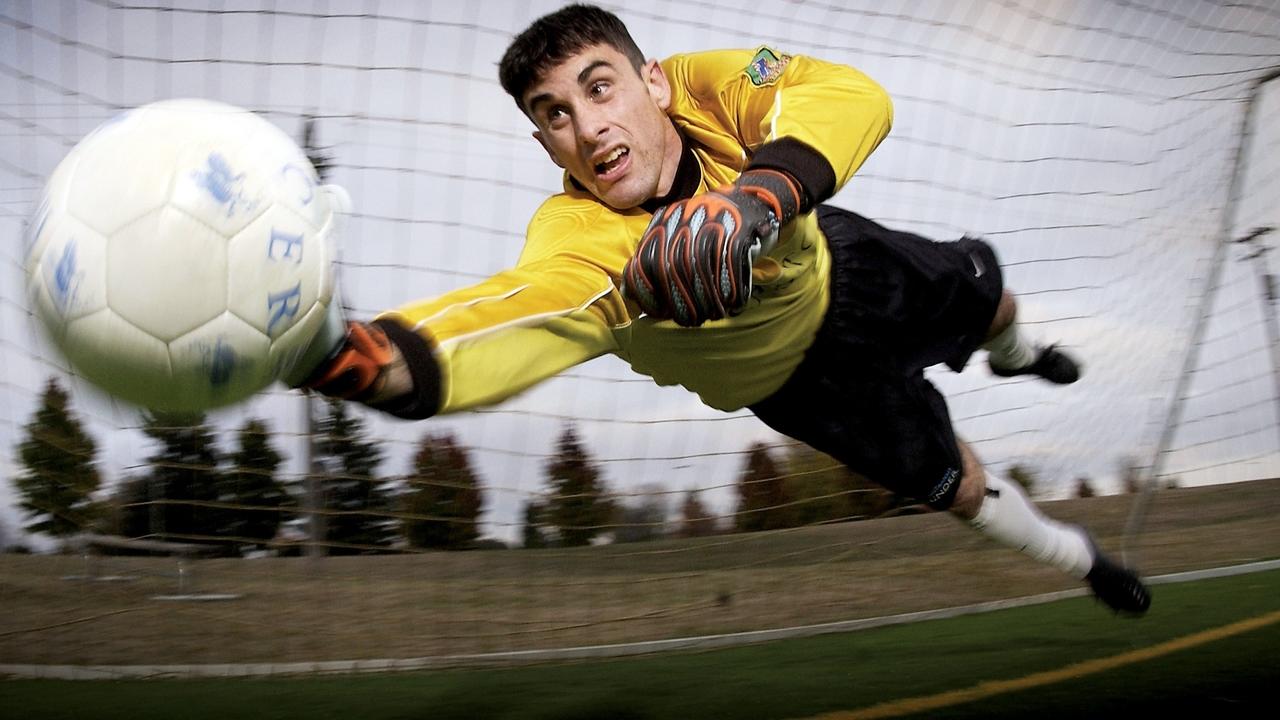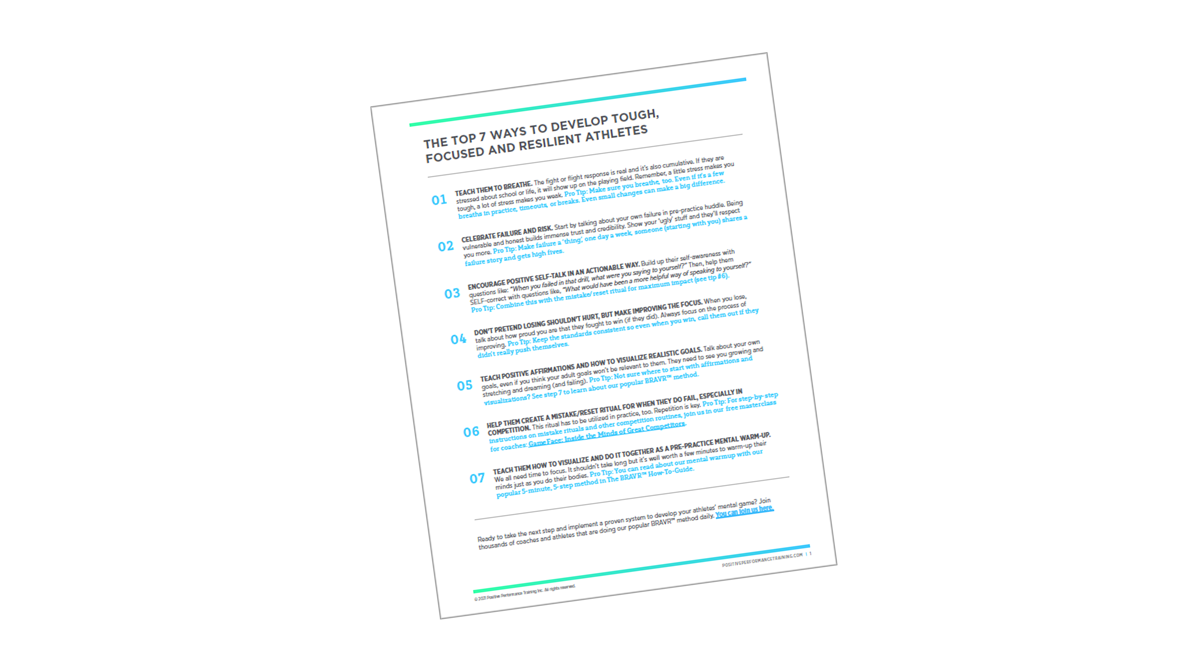How To Unleash The Beast In A Shy Or Introverted Athlete: The Alter Ego Technique
Mar 13, 2017
In my experience with literally thousands of athletes, I’ve typically come across two main types of athletes:
1. The athletes that are the same on and off the field in regards to their personality and characteristics. (more common)
2. Athletes that are remarkably different on the playing field and off. (less common)
This is what I mean. An athlete can be shy off the field and really turn it on when the whistle blows. Or they can be sort of the same; introverted in the classroom, on the field, in the locker room etc. The same is true for more extroverted, bigger personality types. Some stay the same whether they are competing or not. Some are the life of the party but sort of fade back when playing their sport.
The shy, introverted athletes are the ones I want to focus on today. Specifically, the ones that are more reserved in their personal life, BUT would play better if they were consistently more aggressive on the field.
If you’ve coaches these athletes, you’ve probably noticed that when they play more aggressively, they turn out having a better game. You may have even pointed this out to them in hopes of helping them tap into their more aggressive side on game day but maybe they are scared, or it feels uncomfortable, or they are worried about what people think, or they just don't know where to start to unleash the beast!
Here’s an exercise that will help you turn shy or introverted athletes into more relentless competitors (while still allowing them to remain true to who they are) using a technique I call, The Alter Ego Technique. Here is how it works:
THE ALTER EGO TECHNIQUE
To explain this exercise, I’ll give you an example of an athlete named Sarah.
Sarah is a super nice soccer player who is shy and cares a lot about what other people think. She’s coachable, thoughful to her peers and her teammates, and she’s an all-around great kid. On the soccer field she plays better when she’s aggressive, but then stops herself, clearly uncomfortable with showing this side of herself. On the field, Sarah is guarded, inconsistent, and self-conscious because she feels like she’s not being herself when she plays aggressively.
I took Sarah through the Alter Ego Technique.
First, I had her journal about her best performance ever. I asked her about all the feelings she had when she was playing, about the plays that she was most proud of. As she explained the game, it was clear that Sarah was describing a more aggressive version of herself. During her best performance, Sarah was relentless and played for the win.
Next, I took all the characteristics that Sarah described from her best performance, and we created a character together, an alter ego. Sarah gave her alter ego a name, she called her Taylor. Taylor embodied all the characteristics of who Sarah was on her best game day - an aggressive, relentless competitor.
Sarah chose to give her alter ego a new name, some athletes choose an aggressive, predatory animal like a lion or a tiger - a tiger wouldn’t care if he failed, or what other people thought a tiger would fight for the win.
It may feel silly at first, but the alter ego technique works. By separating their alter ego from their personality, athletes can unashamedly perform without worrying about how it reflects on their personality. Athletes don't have to excuse the behavior of their alter ego, they can be that person on the field, and someone else in their regular life.
If you have an athlete like Sarah in your program, I hope you'll use this tool to help them find their inner competitor. This exercise is simple, fun and it really, really works. Athletes feel confident that they can be that great competitor on the playing field without losing themselves and the characteristics that make them who they are.
What about you? Do you have an athlete that would benefit from this exercise? How might it help them compete at their best? (share below).
Ready to start training the mental game?
Get your FREE copy of the Coaches Cheat Sheet: Top 7 Ways to Develop Tough, Focused, Resilient Athletes!
The Coaches Cheat Sheet uses visualization, positive self-talk, breathing, and mindfulness to help coaches get their athletes’ head in the game once and for all.
This is simple enough to be a great starting point for coaches who want to begin mental training their team, and robust enough to be a great addition to any existing mental training program.
Get your free copy here!
Join Our Community Of 10,000+ Coaches
Dive deep into the world of mindset coaching. Our no-frills, tough-love advice, easy-to-implement guides, and insightful blogs are specifically designed to help you and those you lead to tap into your next level.





